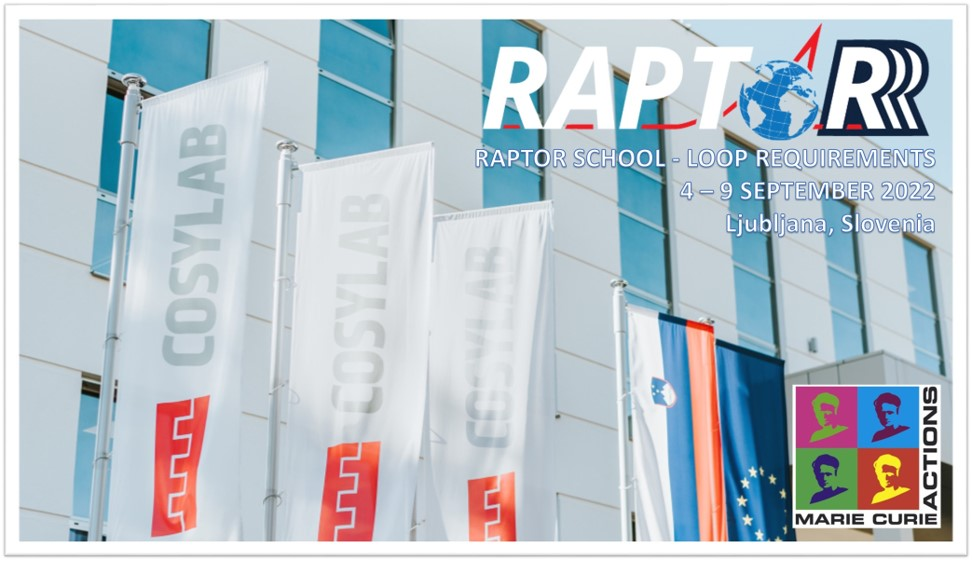Speaker
Description
The interplay of motion with a highly dynamic dose delivery process like Pencil Bean Scanned (PBS) proton beam is inherently complex. Although by using four-dimensional (4D) dose calculation, the foreseen 4D dose distributions can be estimated prospectively, their accuracy to which extent can be predicted a priori is questionable, due to the large number of variables involved. Therefore, reconstructing 4D dose retrospectively instead, based on the machine logfiles, allows for the re-assessment of the applied plan quality after patient treatment. However, besides considering the logged info on the actual beam delivery (e.g. spot positions, fluences, and time stamp), it is also important to incorporate the actual patient motions, ideally during delivery of the day. The conventional approach to reconstruct 4D dose relies on a single pre-treatment 4DCT, which subjects to the uncertainty of motion variabilities in frequency and amplitude both intra- and inter-fractionally. By phase-binning the delivered pencil beams according to the timings contained in the machine log-files, it only partially accounts for these variabilities during delivery. In order to achieve a more accurate 4D dose distribution towards reality, the motion model driven approach is beneficial, which can provide more realistic 4D patient representation for dose reconstruction by the predicting the time-resolved 3DCT images from the real-time measured respiratory surrogate during the dose delivery.

